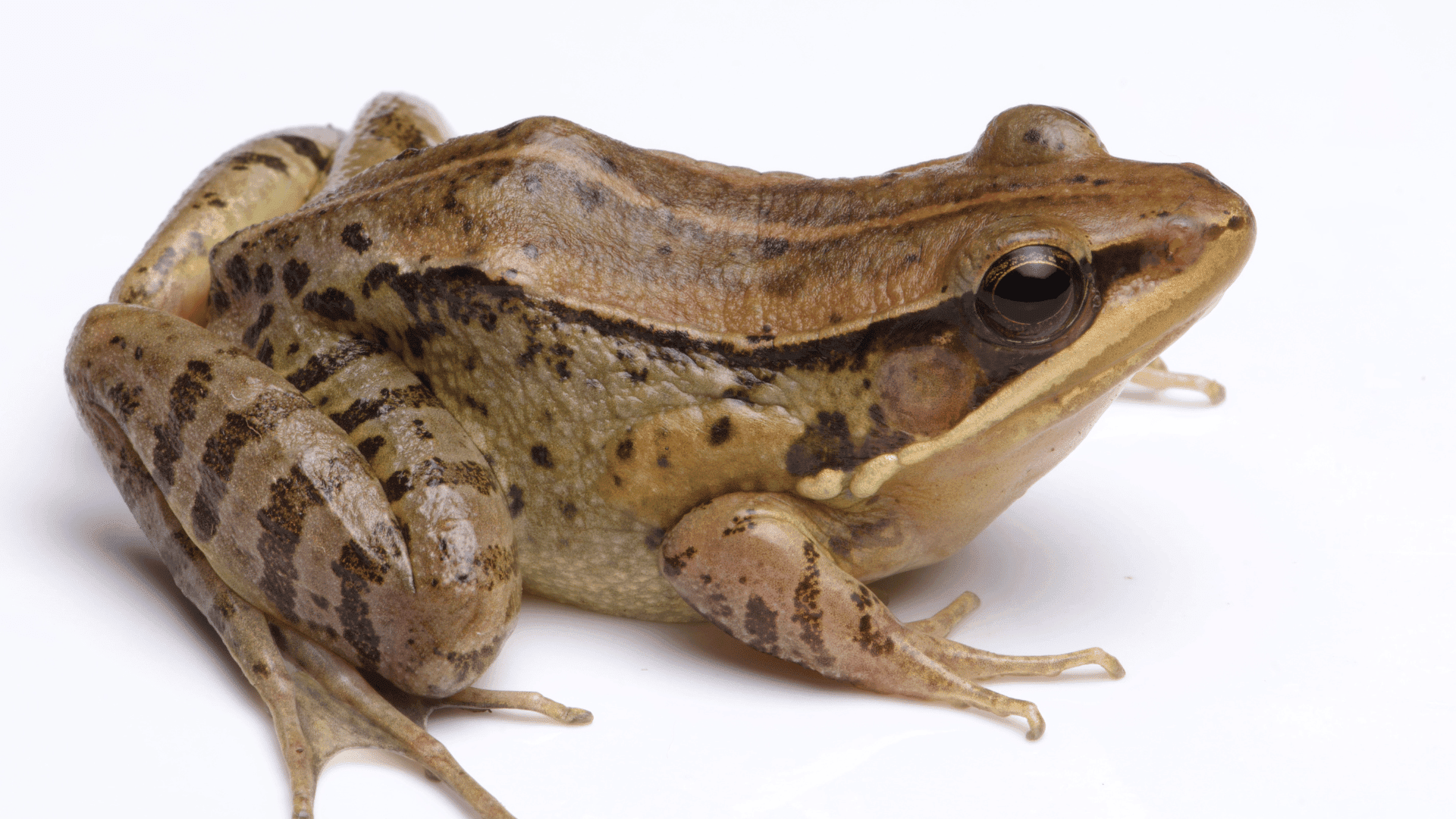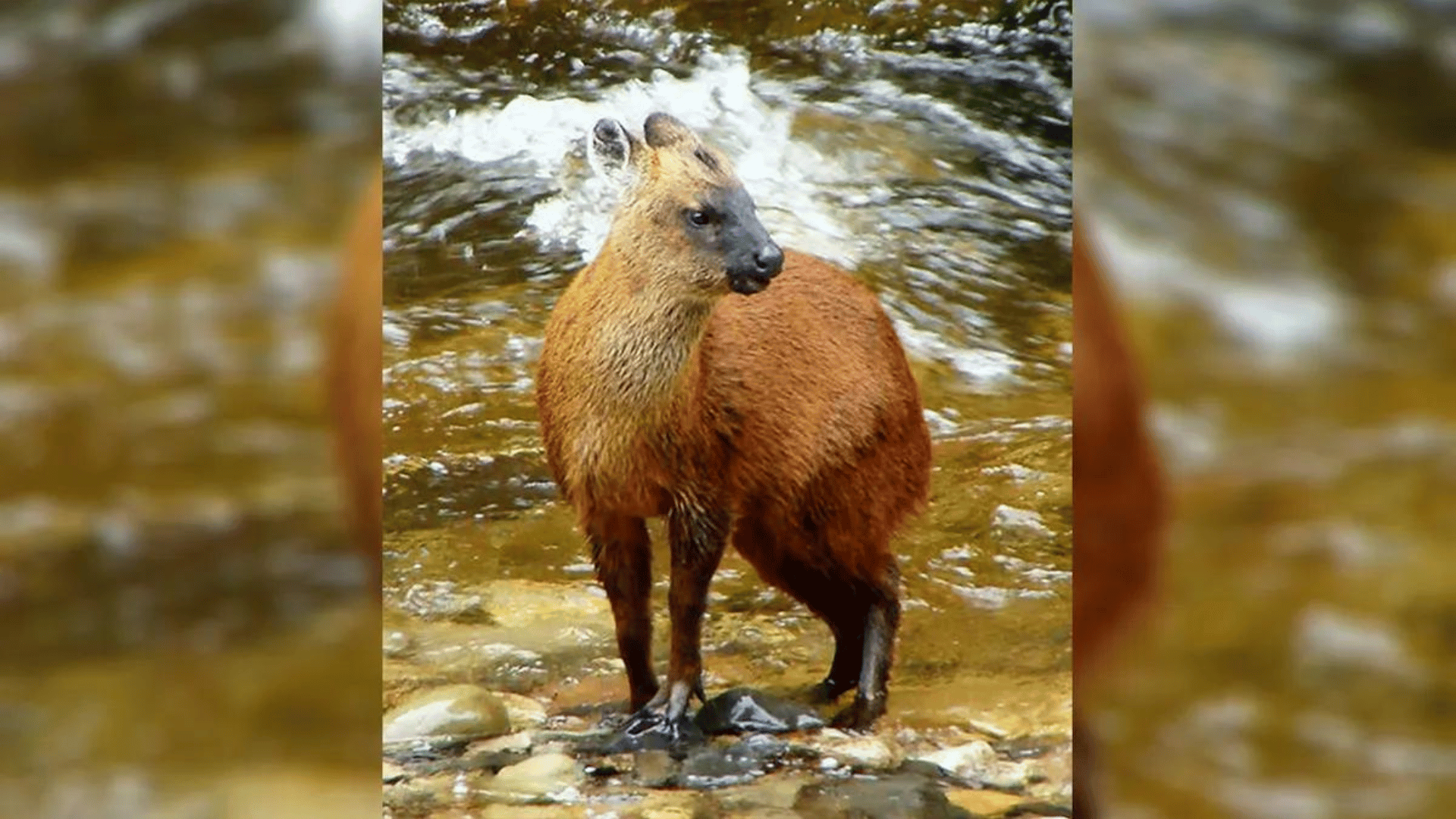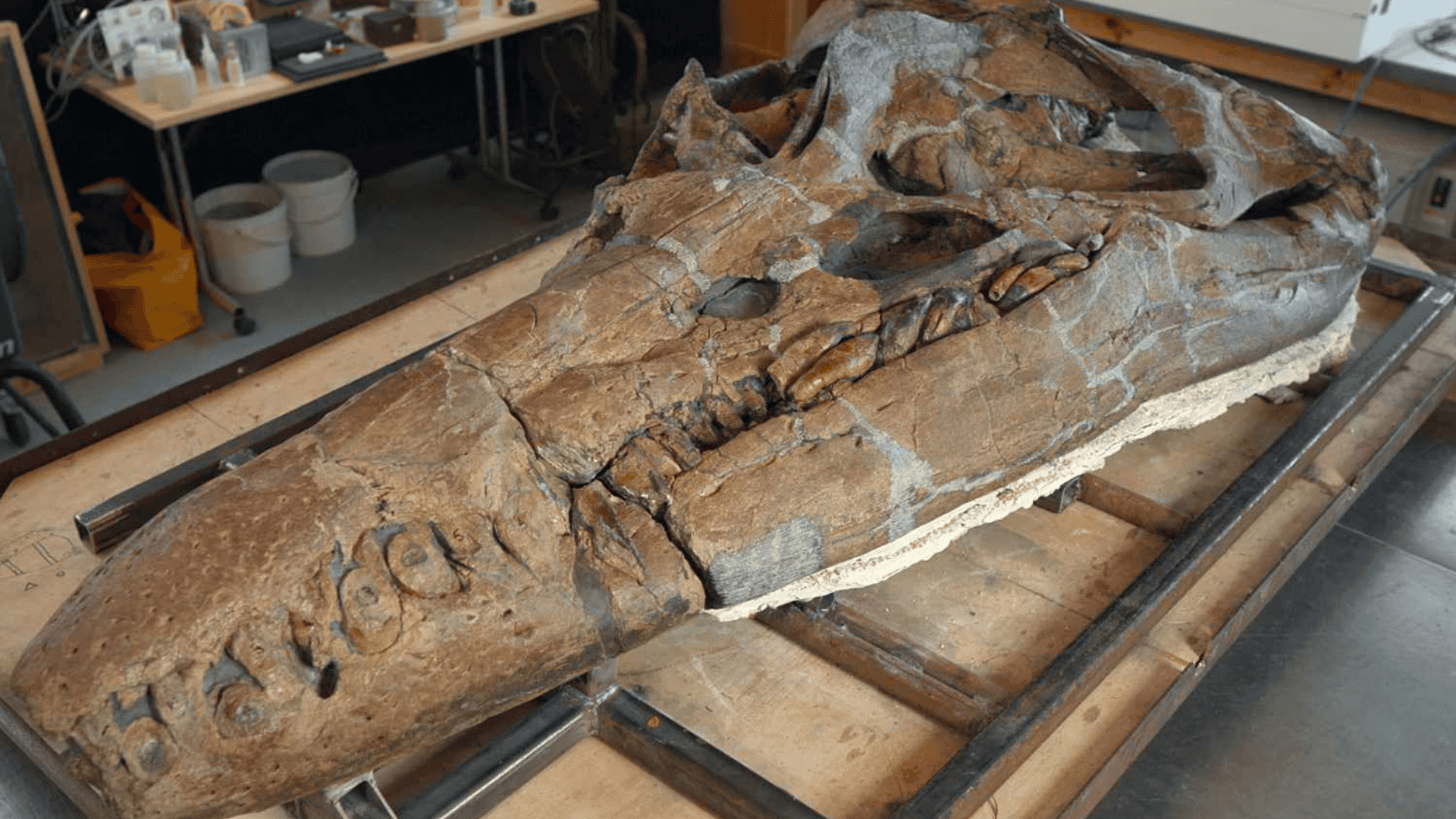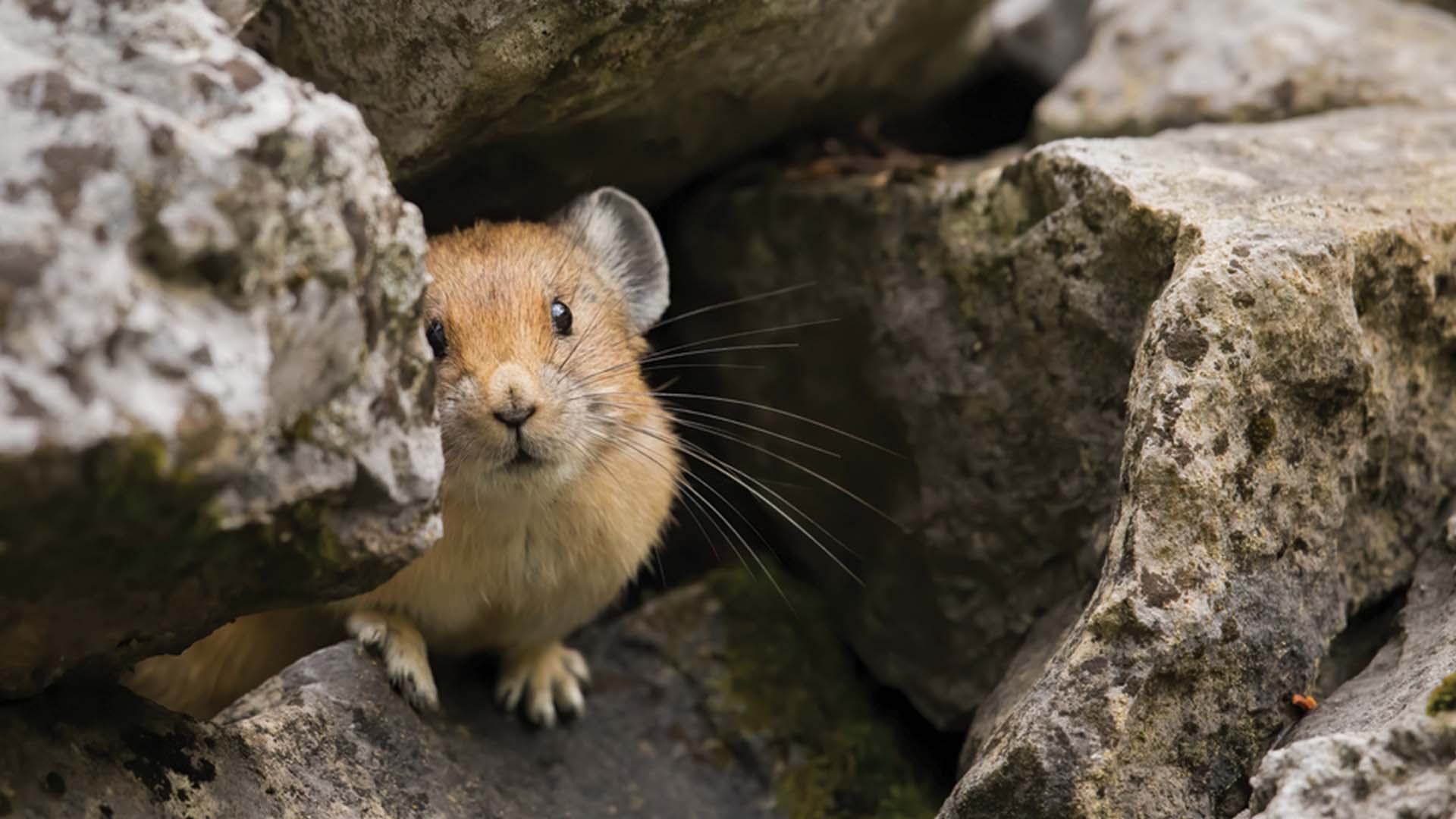After suffering a painful wound to his cheek, an orangutan in Indonesia chewed plant leaves known to have healing and pain-relieving qualities and applied the juice to the open wound. He also used the leaves as a poultice to cover it, which helped the injury heal.
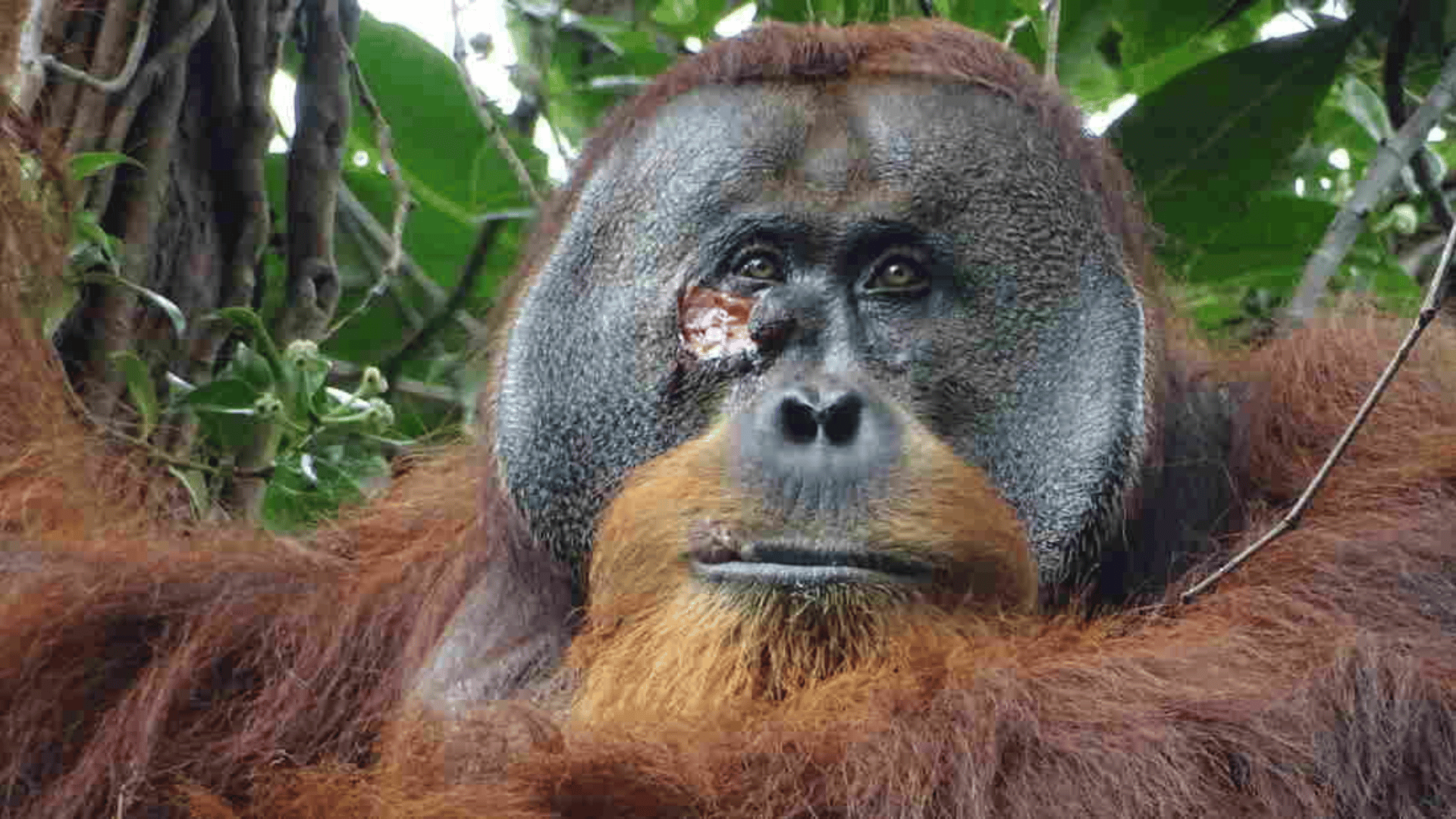
“This case represents the first known case of active wound treatment in a wild animal with a medical plant,” biologist Isabelle Laumer, the first author of a paper about the revelation, told NPR.
Three days after he sustained the injury, the orangutan named Rakus chewed the stem and leaves of a liana. According to researchers, this is a vine that the orangutan population in Suaq rarely eats. After flies began buzzing around the injury, he fully covered the area with the leaves.
The day after he initially applied the medicinal leaves, he found the plant again and ate more leaves. He also notably rested more than usual, giving his body a better chance to heal.
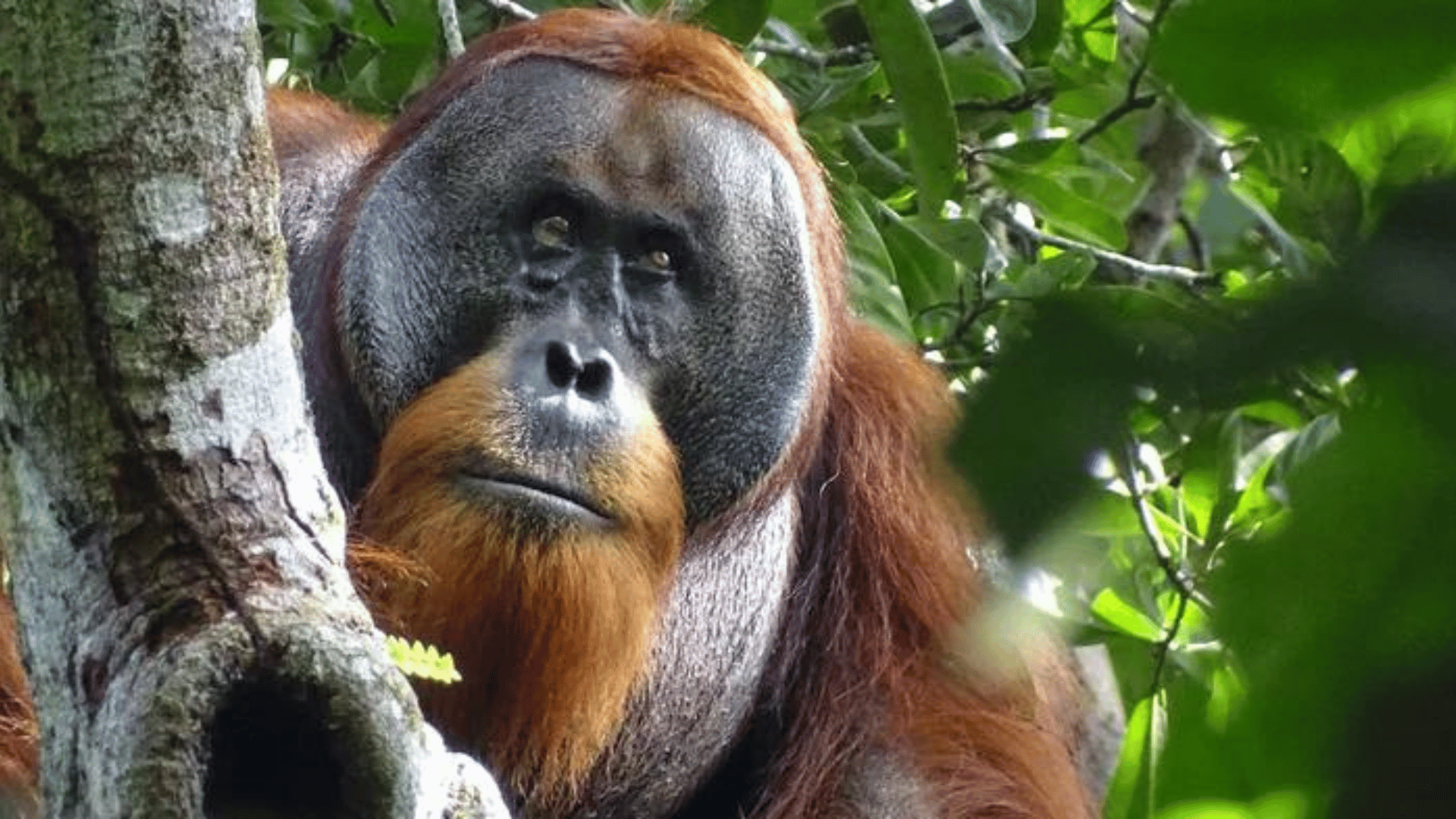
The discovery was documented at the Suaq Balimbing research site in the Gunung Leuser National Park in northwest Sumatra, where Rakus lives among approximately 150 orangutans.
Laumer says he might have picked up the large wound in a fight with a rival male. Approximately a month after the treatment, the wound has fully healed with no infection and only a small scar.
Explore Tomorrow's World from your inbox
Get the latest science, technology, and sustainability content delivered to your inbox.
I understand that by providing my email address, I agree to receive emails from Tomorrow's World Today. I understand that I may opt out of receiving such communications at any time.
Researchers say that “in 21 years and 28,000 observation hours,” they’ve never seen orangutans using leaves to treat their wounds. According to the paper, Rakus’ behavior suggests that “medical wound treatment may have arisen in a common ancestor shared by humans and orangutans.”
The paper also adds that, because orangutans are believed to keep adding skills into adulthood through social learning, it’s possible that the treatment strategy could “also spread socially from individual to individual.” The findings could lead to new insights into the evolution of self-care and medicine in primates.



